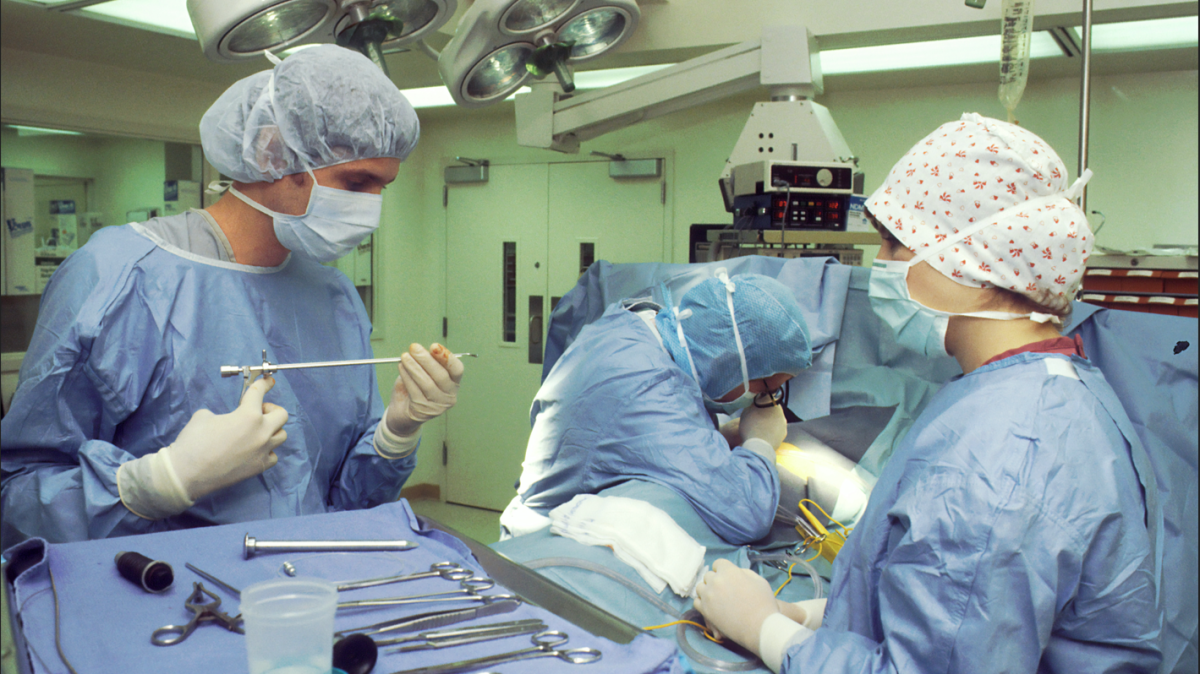The "Current Status of Primary Health Care Reform in Portugal 2024/2025," developed by the National Association of USFs (USF-AN), indicates that only one in three units reported having sufficient clinical equipment, pointing to the "failure of the primary health care supply system."
Of the 90% of primary care units (PHCs) that reported shortages of basic supplies—such as vaccines, screening kits, dressing materials, paper, and printer toner—30% say this occurred more than 10 times a year, with replenishment delays exceeding two days in 77% of cases.
The study's authors call for "a new mission" for Primary Care (CSP), claiming that the problems "evolve from year to year" and range from "clinical integration" (referral/sending of patients to specialties in hospitals) to digital integration (lack of interoperability), contracting (incentives), and workload (size of patient lists).
"After 20 years of the mission for primary health care that led to the USF, and with great success, we believe it's time for a new mission," said the president of the USF-AN, André Biscaia, explaining that the proposal is to create a mission unit with members of the CSP, unlike what has happened with the various groups formed so far.
The aim "is to create a new management structure, which can continue under the same administration [of the Local Health Unit], with a unit dedicated solely to primary health care."
The "absence of this more focused management" in the CSP is evident, for example, in procurement, with continuous shortages of basic materials, computer problems, and a lack of systems integration that, for example, hinder hospital referrals (sending patients to specialties), he added.
This year's study is based on responses from coordinators of 538 UBS (Basic Health Units), representing 77.6% of the Family Health Units in existence at the start of the study.
Regarding the facilities, 44% classified them as inadequate, as did the air conditioning system (49%) and cleanliness (27%).
The renovation of the Local Health Units did not meet some of the ULS's needs, especially regarding logistical support for health center operations.
The study states that 99.6% of the ULS were affected by "computer outages": 8% once or twice; 37% three to 10 times; 39% 11 to 50 times; and 15% more than 50 times.
The data also indicate that only 7.3% of the UBS prefer a system that prioritizes remote consultations, but more than half of the teams (58.2%) say they lack the necessary equipment for video consultations.












